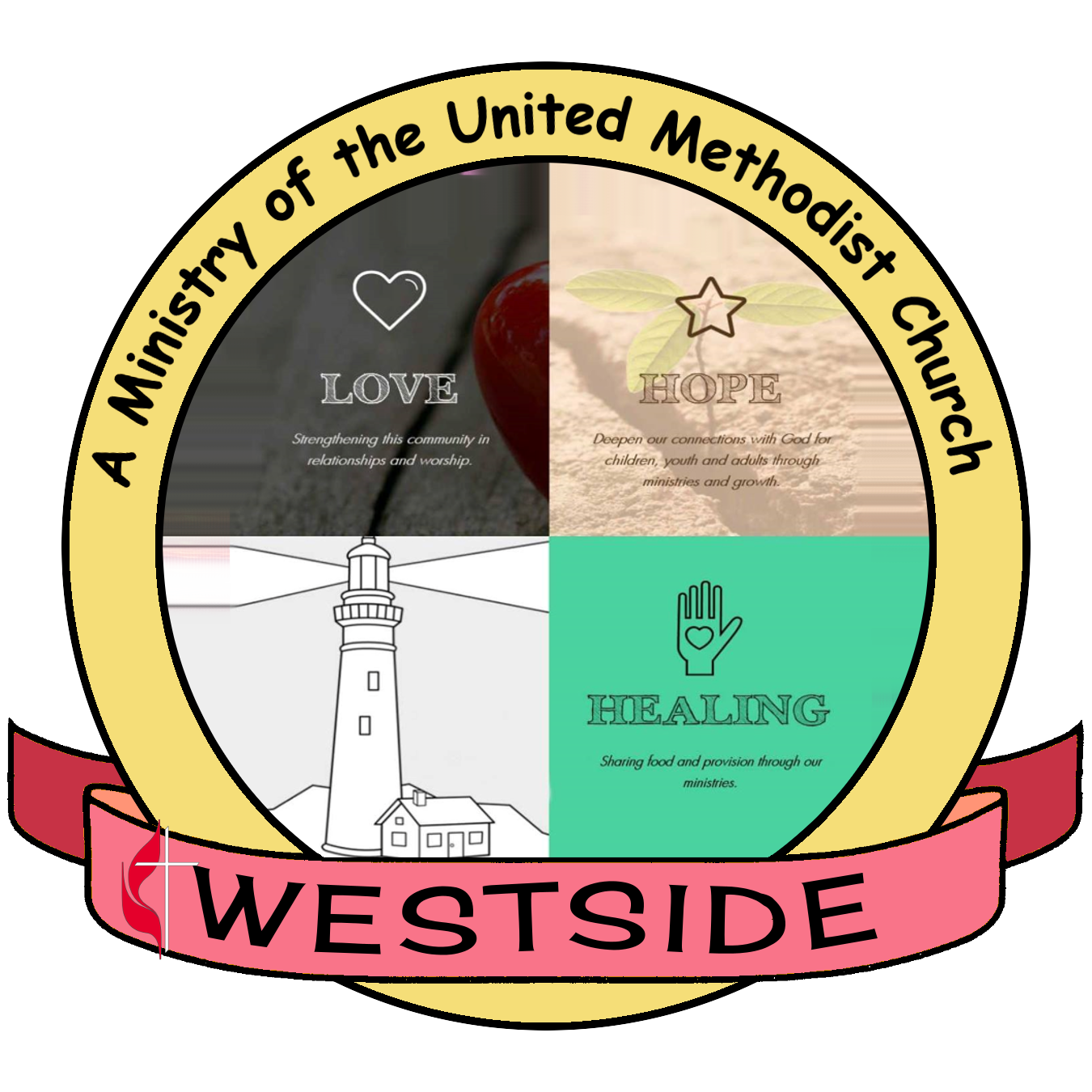Psalm 34: 1-18; Matthew 1: 1-17; Luke 2: 8-20
“How do you respond to this approach to the meaning of “Son of God”?
McLaren highlights several aspects of the surprising people mentioned in Matthew’s and Luke’s Gospel and of how they tell of Jesus. “Surprising People” since Matthew’s genealogy included women, gentiles even, unheard of in any Jewish genealogy, and Luke included shepherds in his story of Jesus’ birth! Matthew emphasized how gentiles are included in the story, with gentile Magi even coming to worship, showing a fulfillment of the call to Abraham, whom God had said would be a blessing to all people.
Luke also included a genealogy but for a different purpose. His followed Mary’s line, (find it in Luke 4) also in the line of David, and traced all the way back to Adam, the “Son of God.” This title for Jesus as the son of Adam, the “Son of God,” “is in some way a new beginning for the human race -- a new genesis… Just as Adam bore the image of God as the original human, Jesus will now reflect the image of God. We might say he is Adam 2.0” (p.76).
Both Matthew and Luke tell the story of Jesus, of his birth, of the start of his life. And both highlight within it people we might not expect to find there. The inclusion of these surprising people, the women in Matthew’s genealogy, the unlettered shepherds, poor Simeon and Anna, the poor, the disenfranchised invites us to recognize how God actively is reaching out to such surprising people and often through them to us as well. The people in whom we would not expect perhaps to meet the Savior are the very ones in whom we meet Him.
McLaren calls Jesus “Adam 2.0.” As such, He is the start to a new life. We do not live based upon our own efforts, by keeping rules, by being careful to try super hard to be like Jesus in our lives. We do not live asking “What would Jesus do?” and trying to do it. I think of Boxer, the horse, in Orwell’s Animal Farm who again and again responds to the impossible demands around him with his worn out phrase: “I will try harder.” This is what many make the walk with Christ -- a continual “I’ll pick myself up by my bootstraps” kind of litany, an effort to do better by working harder.
But we do not try to pound our round life into a square hole. No, instead, this Adam 2.0 thought, this idea of Jesus beginning a NEW humanity, means that Jesus has come to fit us for this life. He sets us free from that which we could not free ourselves. Jesus comes to bring that life into us. We do not try and try harder, but instead, are filled with the life of God, and that life moves through us. Jesus lives his life through us moment by moment -- as a pregnant mom’s life gives life to the child within her. I do not align myself with Him, but rather, I receive Jesus and He aligns me with Himself. “You shall be perfect, therefore, as your heavenly Father is perfect (Mt 5:48),” is what Jesus does in me and in you. And that word translated “perfect” means complete, mature, reaching the point God intended. I don’t have to work to bear fruit, for when attached to Him, like a branch to an apple tree, I find my life in Him and He bears fruit through me.
This reminder I found most compelling and encouraging in McLaren’s emphasis on the surprising people. It is equally surprising that Jesus would life his life through me, as it is surprising when I encounter His life lived through someone in whom I least expect it. I guess both Matthew and Luke readily would tell us to expect the unexpected with Jesus. It is He who brings life, so it ought not surprise us when we encounter that life through unlikely characters. Also, perhaps in a good reminder, that life is not ever limited to the deserving, the privileged, but is for everyone, literally. Jesus came through a poor young Jewish woman, and was heralded by poor shepherds, and He was in the line of people that included gentile women and lowly characters to shout that he came for the likes of me, of you. Such a good message.
McLaren invites us: “This week, look for surprising people to whom you can show uncommon respect and unexpected kindness.”

